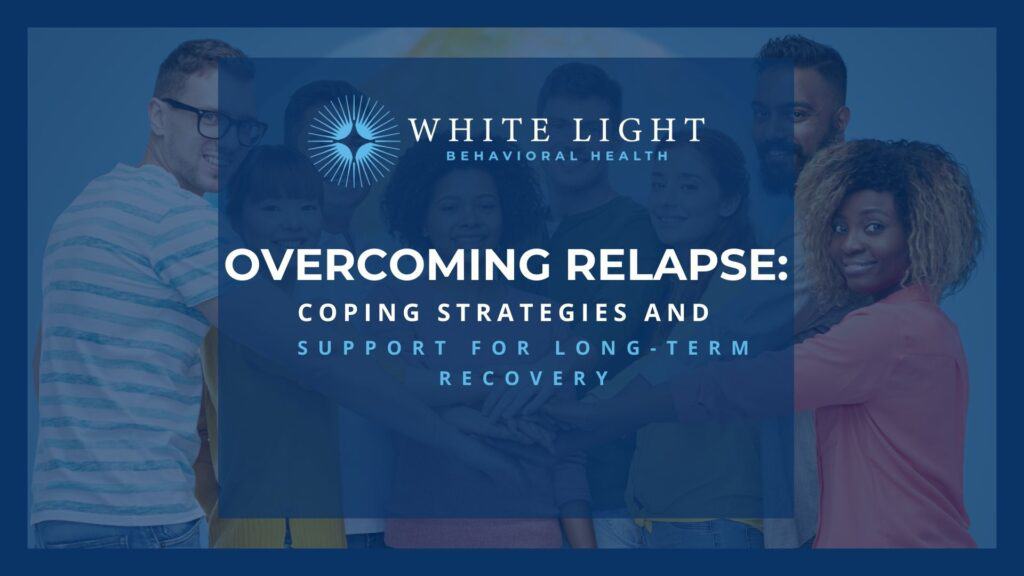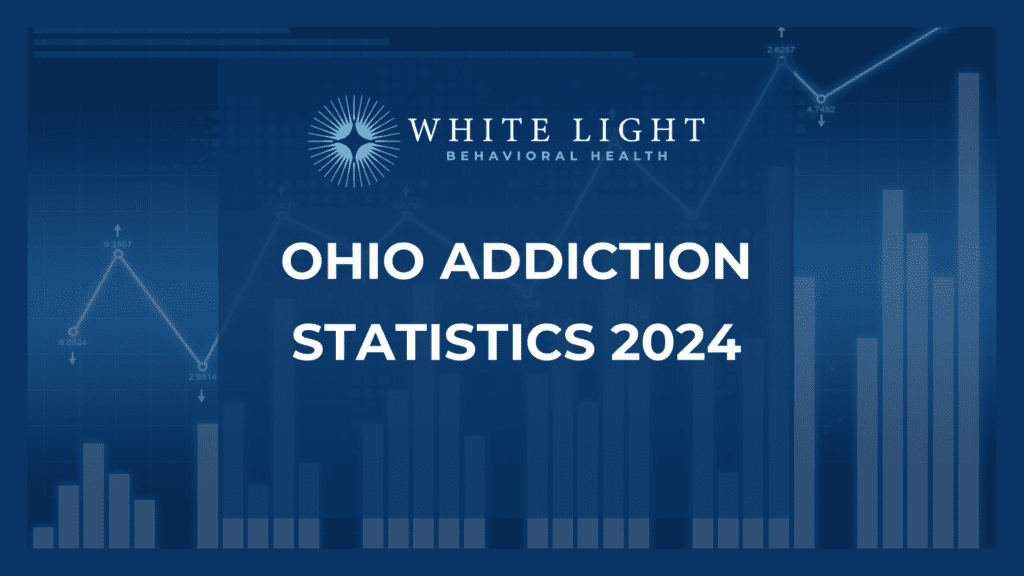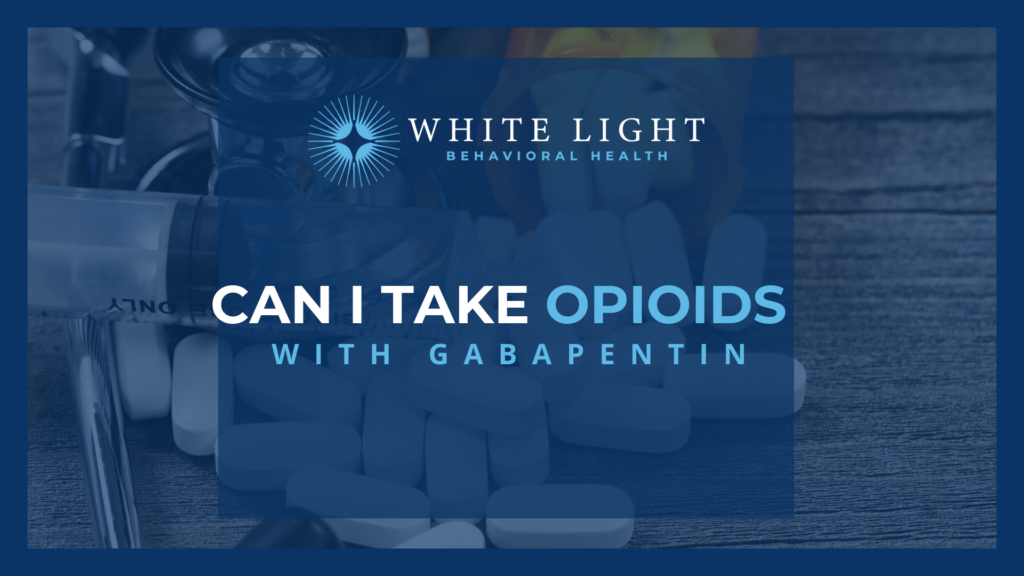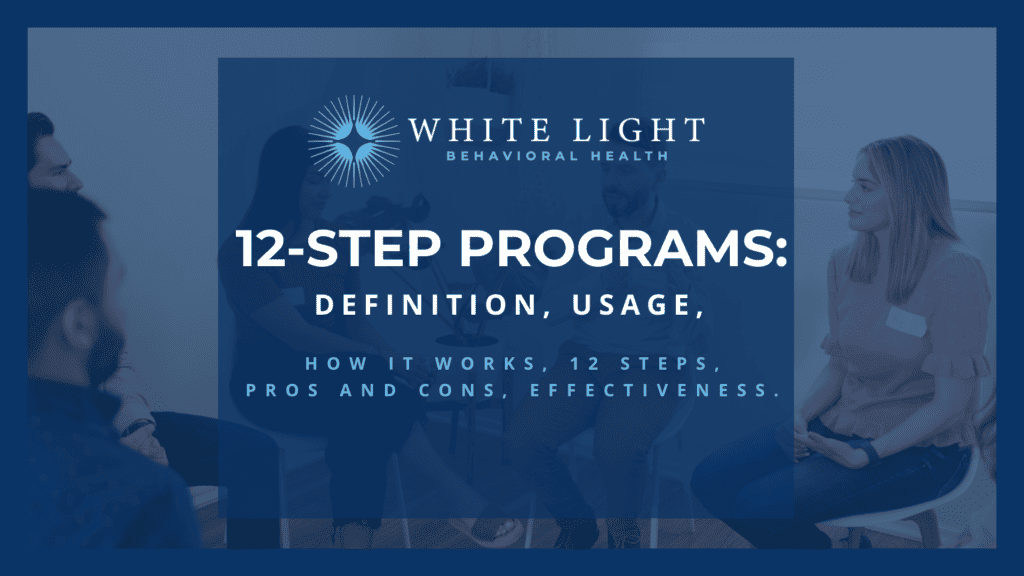Triggers, or environmental cues, can bring on a craving to use. Knowing your triggers and identifying potential high-risk situations that might trigger a relapse is important. Once identified, create an action plan of what to do if a trigger occurs – deep breathing, attending a support group, reaching out to your sponsor – that can help get you back on track. Additionally, actively engaging in healthy activities and strategies like mindfulness can help you learn to regulate your emotions and cope better with challenging times.
The journey to recovery can often feel isolating, but building and sustaining your support system can help provide the motivation and accountability you need. Accessing help through therapists, 12-step groups, online recovery forums, and support groups can effectively combat relapse. Your support system is not limited to formal resources, though – cultivating reliable, consistent, and accepting relationships with family and friends can help make all the difference.
Addiction can cause tremendous physical, mental, and emotional pain, and managing long-term recovery requires self-awareness, openness, and honesty. Setting realistic goals, being mindful of warning signs, understanding your triggers, and creating an action plan reduces your chances of a relapse.
Understanding Relapse in Addiction Treatment
Relapse is part of recovery from addiction. Though unfortunate, some people who experience a relapse may struggle to stay sober long-term. However, this doesn’t have to mean the end of your journey with addiction – with the right coping strategies and support, you can get back on track.
To overcome relapse, it’s important to understand what caused it. It usually happens when someone fails to manage their triggers or cravings for alcohol or drugs or doesn’t have enough support from friends and family. To prevent it from happening again, you should identify your triggers and warning signs of impending relapse, then develop coping strategies to resist cravings when they arise.
In addition to personal measures for managing relapse, seeking professional help from rehabilitation centers or counselors can be highly beneficial in helping you get through this difficult time. With professional assistance, you will be guided on identifying triggers and developing effective coping skills and systems of personal accountability that will keep you committed to your sobriety goals despite any setbacks.
Common Triggers for Relapse
As per Centers for Disease Control and Prevention, Relapse is a common problem for those in recovery, with 40-60% of people trying to recover from addiction facing a relapse at some point. It’s important to understand the potential triggers for relapse so you can better identify and cope with them.
Common triggers for relapses are categorized into four groups:
- Psychological: emotions like anxiety, sadness, boredom, anger, or cravings
- Environmental: seeing drugs or reminders of the drug use experience
- Physical: alcohol or drug withdrawal symptoms
- Social: being in certain environments or around certain people may lead to relapse
Identifying your triggers is key to understanding how and when you will likely be susceptible to using substances again. When you know what can trigger a relapse, you can take proactive steps like avoiding specific people or places and practicing self-care techniques like deep breathing and positive self-talk. Knowing your triggers can also help you plan for relapse if it does occur by connecting with a network of supportive individuals or establishing a treatment plan.
How to Prevent Relapse With Self-Care
Relapse can be a major setback on your journey to recovery, but taking preventative measures such as self-care can help keep you on track. Here are some of the self-care methods you can try :
Practicing Mindfulness
Pay close attention to your environment – look, listen, smell, touch, and be mindful of the changes that are taking place. With practice, these mindfulness techniques can become part of your everyday routine, allowing you to stay present and calm no matter your situation.
Stress Management
Managing stress means developing coping strategies to calm down when things get overwhelming or tense.
This could include meditating or participating in relaxation techniques such as deep breathing exercises. It might also involve talking about your thoughts or emotions with someone else; honestly, conversing with a trusted friend or family member about what’s going on for you can be incredibly helpful.
Taking care of yourself is essential to stay on the path of long-term recovery. Here are some stress management techniques you may try:
- Finding ways to relax, such as yoga, massage, or art therapy
- Engaging in physical activities regularly
- Take time out each day just for yourself
- Make sure you’re getting enough sleep each night
- Eat healthy, balanced meals
Coping Strategies for Staying on Track in Recovery
In September 2023, NIDA published a study stating when it comes to staying on track with your recovery from addiction, the good news is that you can use a few key strategies to stay sober for the long term.
Support Groups and Programs
No one fights addiction alone, so having a strong support system is essential for managing cravings over time. Support groups allow participants to meet with peers who understand what they’re going through and provide a friendly atmosphere to share their experiences and receive needed encouragement.
Programs such as Alcoholics Anonymous or Narcotics Anonymous (NA) are also useful resources for coping with the pressures of relapse. Such programs are a great way for individuals to come together in a safe space free from criticism or judgment. Talking with peers who understand the same struggles can help normalize feelings of anxiety or fear around a possible relapse and offer helpful strategies for managing cravings.
Therapy
Having regular therapy sessions can help you understand yourself better, work on any underlying issues that may have contributed to addiction in the first place, develop new coping skills for dealing with cravings and triggers, as well as give you access to a professional who can help assess your situation and provide personalized guidance when needed.
When combined, coping strategies such as mindfulness practice, attending support groups regularly, and engaging in therapy can help set you up for long-term success in overcoming relapse.
Support Systems for Relapse Prevention
When you’re working on long-term recovery, having a strong support system can be key to helping prevent a relapse. Your support system can include both people and programs. Who or what you decide to include is up to you—but it’s important to have caring people and systems that can provide encouragement, understanding, and help as needed.
It’s vital to have a network of support to turn to when it comes to recovery. Seek out individuals who sincerely desire to help and don’t pass judgment. Someone who listens, understands, and helps guide your thoughts can make a difference. This could be a family member, friend, or professional therapist. Establishing these relationships gives you someone to lean on and gives you strength and encouragement when relapse is on the horizon.
When to Seek Help During the Recovery Process
Feeling overwhelmed is not unusual if you experience a setback during your recovery journey. It’s ok to ask for help during this challenging time. Fortunately, there are plenty of support options available such as:
Talking Therapy
Talking therapy is one of the most common forms for those with substance use disorders. This typically involves discussing your struggles and worries with a mental health professional and discovering triggers and methods to manage cravings. You can opt for one-on-one or group conversations, whichever you’re more comfortable with.
12-Step Programs
Another popular form of support for struggling with substance abuse is joining a 12-step program. These programs involve joining a group of peers who have been through similar experiences and can provide empathy and support throughout recovery. These programs aim to foster accountability, camaraderie, and ongoing education about the dangers of substance use disorder.
Seek Professional Help
Relapse is a common and accepted part of addiction recovery. However, many people feel they have failed if they relapse, which causes them to give up entirely and can lead treatment programs to take a hard line on those who relapse. A better perspective understands that relapse is normal in recovering from an addiction.
Staying sober and overcoming addiction is, without a doubt, a challenge, but it’s possible. During your recovery journey, remember that you’re in control of your recovery. While this is a long-term process, if you work hard and remain focused on your goals, you can find fulfillment in recovery that will break the chains of addiction. Utilizing the right strategies and having a strong support system will help you prevent relapse and live a sober life.
How can I rebuild trust with loved ones after a relapse?
Rebuilding trust after a relapse is a gradual process that requires honesty, consistency, and open communication. Start by acknowledging the impact of your actions on your loved ones, and express your commitment to recovery. Be transparent about your progress, setbacks, and the steps you’re taking to prevent future relapses. It’s essential to follow through on your promises, maintain healthy boundaries, and be patient as trust is gradually restored.
How can I support a friend or family member who has relapsed?
Supporting someone who has relapsed can be challenging, but it’s crucial to approach them with empathy and understanding. Listen without judgment, and offer your unconditional support. Encourage them to seek professional help or attend support groups, and assist them in creating a relapse prevention plan. Remind them that setbacks are a normal part of recovery, and emphasize your belief in their ability to overcome obstacles.
Are there alternative therapies or holistic approaches to prevent relapse?
Yes, there are several alternative therapies and holistic approaches that can complement traditional treatment methods and help prevent relapse. These may include mindfulness practices, yoga, acupuncture, art therapy, and meditation. These approaches focus on addressing the underlying causes of addiction, reducing stress, and promoting overall well-being.
How can I manage cravings and triggers during recovery?
Managing cravings and triggers is a crucial aspect of long-term recovery. Practice mindfulness techniques to increase self-awareness and cope with cravings in the moment. Identify and avoid triggers as much as possible, and develop healthy coping mechanisms to deal with stress or difficult emotions. Engage in regular exercise, maintain a balanced diet, and prioritize self-care to strengthen your resilience against cravings and triggers.
What role does nutrition play in recovery and relapse prevention?
Nutrition plays a significant role in recovery and relapse prevention by supporting overall physical and mental well-being. A balanced diet rich in nutrients can help stabilize mood, reduce cravings, and improve energy levels. Avoiding processed foods, sugar, and caffeine can also contribute to more stable energy levels and better mental clarity.
How can I rebuild my life after a relapse?
Rebuilding your life after a relapse requires commitment, resilience, and a willingness to learn from past mistakes. Set realistic goals for yourself, both in terms of recovery and personal development. Surround yourself with supportive people who believe in your ability to change, and seek professional help if needed. Focus on making positive changes in your daily routine, pursuing hobbies or interests, and nurturing healthy relationships.
How can I find addiction resources and support groups for my addicted child in my area?
To find addiction resources and support groups for addicted children in your area, there are several steps you can take. Firstly, you can reach out to local hospitals, community centers, or mental health clinics. Additionally, contacting organizations such as the National Alliance on Mental Illness (NAMI) or the Substance Abuse and Mental Health Services Administration (SAMHSA) can provide you with valuable resources and referrals. Online directories and helplines are also useful tools for finding support groups and treatment facilities tailored to your child’s needs.
Can relapse be a part of the recovery process?
Yes, relapse can be a common and normal part of the recovery process for many individuals struggling with addiction. It’s essential to view relapse as an opportunity for learning and growth rather than a failure. By identifying the triggers and underlying issues that contributed to the relapse, individuals can develop stronger coping mechanisms and strategies to prevent future setbacks.
How can I set boundaries to protect my sobriety?
Setting boundaries is crucial for protecting your sobriety and maintaining your recovery journey. Communicate your needs and limits to those around you, and be assertive in enforcing them. Surround yourself with people who respect your boundaries and support your recovery goals. Remember that it’s okay to say no to situations or relationships that jeopardize your sobriety.
How can I transition back into daily life after completing a rehab program?
Transitioning back into daily life after completing a rehab program can be challenging, but it’s essential to take things one step at a time. Focus on implementing the skills and strategies you learned in treatment, and gradually reintegrate into your routine. Lean on your support network for guidance and encouragement, and prioritize self-care to maintain your physical and emotional well-being. Remember that recovery is a lifelong journey, and it’s okay to ask for help when needed.

Share This Post



